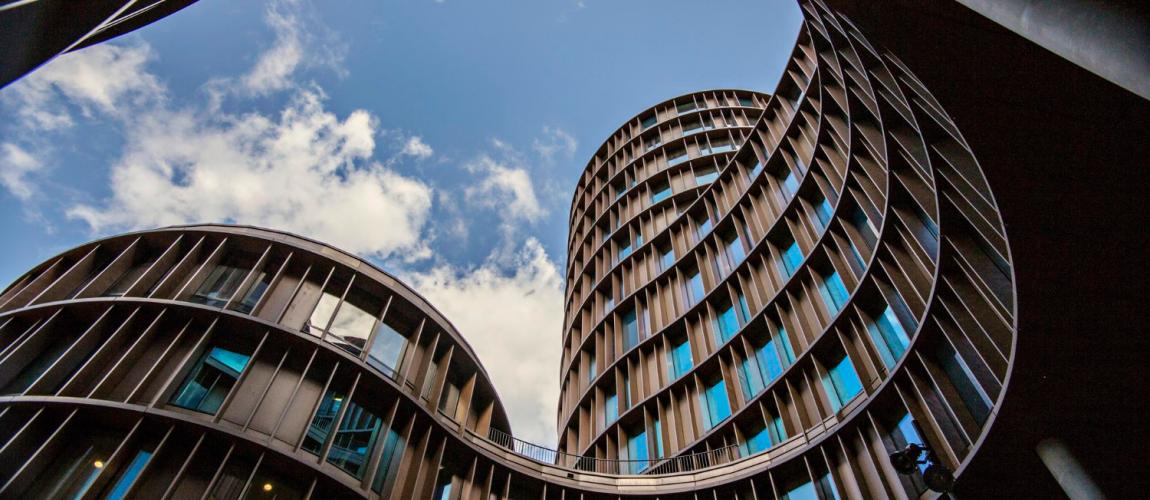Düsseldorf Museum, Kunstpalast, Germany

Photo Credit: Image by Freepik
On this page: A case study on Düsseldorf Museum, Kunstpalast, Germany. Find more at the Municipal Public-Private Partnership Framework - Project Summaries section for brief summaries of around 100 projects from around the world, examples of successes and challenges, as well as innovative ideas on solutions, or visit the Guidelines to Implementing Asset Recycling Transactions Section Overview and Content Outline, or download Full Version of the Report.
Project Summary: Background The historical building of Düsseldorf Kunstpalast, which was the city’s oldest exhibition building having been built and opened in 1902, was in a state of despair. The city of Düsseldorf began to consider plans to renovate the historical building as far back as 1980, but available public resources were too limited. Finally, in 1998, the City decided to renovate the building using a PPP. Project Structure In 1998, a PPP agreement was signed by the City of Düsseldorf and the energy corporation E.ON (then known as VEBA AG) to renovate the building and establish the Museum Kunstpalast Stiftung. The private partner was selected based on its long-standing, pre-existing relationship with the City concerning the project site. Under this contract, the city agreed to sell a plot of land behind the Kunstpalast to the private partner for EUR 10 million (USD11.3 million), on which the private partner planned to construct a new office building. A joint fund was then created for the reconstruction, maintenance, and operation of the cultural facility. The private partner contributed approximately EUR 11.5 million (USD 13 million) to help fund the rehabilitation of the Kunstpalast and about EUR 9 million (USD 10.2 million) for the adjacent museum complex and its ventures on a long-term basis through a sponsoring contract. The city of Düsseldorf contributed about EUR 4 million (USD 4.5 million) for the building rehabilitation and provided a grant of the same amount to cover the yearly operational costs of the building. In addition, the project received EUR 12 million (USD 13.5 million) from urban funding programs of the land of the North Rhine Westphalia. In 2000, the Kunstpalast became a foundation under private law and since this time is no longer a city-run institution. The foundation was joined by other private partners such as Metro Group and Evonik Industries AG as founder-sponsors in 2001. Lessons Learned The sustainability of the project was made possible by the joint fund established by the public and private partner. It also benefitted from knowledge transfer from the private partner. The private partner, E.ON, provides legal and tax advice to the museum as well as financial support for marketing. As a result, the museum attracted additional partners such as Zero-Foundation, the independent Willi Kemp-Foundation, and the Hoehme- Foundation to showcase their significant collections to the public. The marketing team also managed to secure a loyal partner, the association Friends of the Museum (Freunde Museum Kunstpalast), to attract art enthusiasts.1 Footnote 1: Source(s) https://www. culturepartnership.eu/ upload/editor/2017/ Factsheets/pdf- 12/12_Influence%20 of%20culture%20 on%20social%20 development.%20 Public%20and%20 private%20partnership_ ENG.pdf accessed 13 February 2019
This is a new section of the PPPLRC website and is currently in draft form. Your feedback is welcome: If you would like to comment on the content of this section of the website or if you have suggestions for links or materials that could be included please contact us at ppp@worldbank.org.
To find more, visit the The Municipal Public-Private Partnership Framework - Project Summaries section, the Guidelines to Implementing Asset Recycling Transactions Section Overview and Content Outline, or download Full Version of the Report.
Updated: March 9, 2024